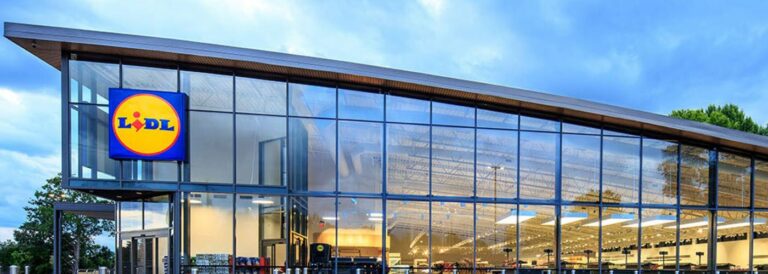Despite a seasonal dip in shopper spend post-Christmas, the latest grocery market share figures from Kantar Worldpanel, published today for the 12 weeks to 28 January 2018, show that grocery sales increased in value by 3.4% compared with this time last year.
Fraser McKevitt, head of retail and consumer insight at Kantar Worldpanel, said: “Following a record-breaking Christmas, January saw customers rein in their spending, with shoppers spending £1.6 billion less in the grocers compared with the month before. Households saved £63.04 on average over January compared to December 2017: customers spent £3.39 less every time they shopped and sales of premium own-label products nearly halved.”
New Year’s resolutions also had an impact on the grocery market. “As consumers look to more healthy alternatives following the holiday, trends like Veganuary have taken off and now 29% of evening meals contain no meat or fish at all,” said McKevitt. “This sustained interest in vegan and vegetarian diets is reflected in the chilled aisles – over January one in ten shoppers bought a meat-free ready meal, causing sales to rocket by 15% compared to this time last year. Sales of spinach, cherries and aubergine also grew strongly compared to the past 12 months – up 43%, 25% and 23% respectively. ”
Lidl once again was crowned the UK’s fastest-growing retailer. The discounter experienced a market share increase of 0.5 percentage points and saw sales climb by 16.3% compared to this time last year. Fraser McKevitt explains: “Traditionally focused on own-label lines, Lidl has actually seen fastest growth among its branded products, which are up by 28% and now account for 12% of all sales. Not to be outdone, Aldi also increased sales by 16.2% to hold a market share of 6.9% – up 0.7 percentage points. Aldi experienced particular success with its premium ‘Specially Selected’ range, which saw sales climb by £26 million.”
Although its market share fell by 0.3 percentage points to 27.8%, Tesco still remains the fastest growing of the big four, with sales up by 2.6%. Despite shoppers increasingly opting for vegan options, such as the grocer’s new ‘Wicked Kitchen’ range, Tesco saw the greatest sales growth from its dairy and produce lines.
Asda and Morrisons both experienced sales growth of 2.2%, though lost market share, each down 0.2 percentage points compared to this time last year. Asda encouraged shoppers to add extra items to their baskets while customers made an additional five million trips to Morrisons compared to this time last year.
An extra 311,000 shoppers chose to shop at Sainsbury’s, with shoppers particularly engaging with the supermarket’s Local convenience stores and online offer. Sales at the grocer increased by 1.5% despite market share falling by 0.3 percentage points to 16.2%.
Still feeling the effect of selling nearly 300 stores to McColls, Co-op’s market share dropped by 0.2 percentage points to stand at 5.8%, having experienced sales growth of -0.1%. Waitrose grew overall sales by 1.5% but saw market share fall by 0.1 percentage points.
Iceland experienced its 23rd period of consecutive growth – a run dating back to May 2016 – with sales up by 1.6%. Amid the news that the supermarket plans to remove plastic from all its own-label products by 2023, Iceland held market share steady at 2.3%.
Internet-only retailer Ocado continued its rapid sales growth – up 7.8% – to hold market share at 1.3%.


